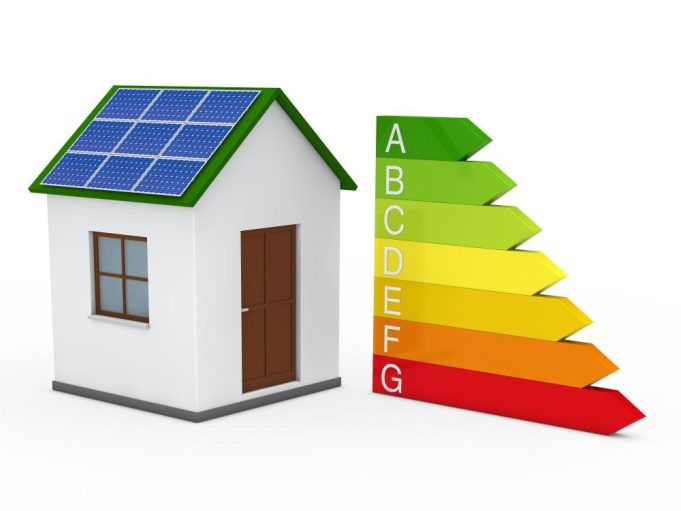Your ability to sell or rent your house may be considerably impacted by an Energy Performance Certificate (EPC). Every newly constructed, sold, and rented home is required by law to have an EPC to display to prospective buyers or tenants. The average energy efficiency of homes in England and Wales, according to the Office for National Statistics, is a dismal D rating. According to property experts including estate agents in Kettering, increasing your home’s EPC rating may help you sell it for more money or attract better tenants. The impact of an EPC rating on your property is examined in this article in numerous ways. Additionally, you will learn how to improve energy efficiency on a budget and move your property up a band.
In the UK, it is a legal requirement to have an EPC when selling or renting out a property. This applies to all homes, including those in Kettering. The EPC is valid for 10 years, and the responsibility for obtaining the certificate lies with the seller or landlord. The EPC rules aim to encourage energy efficiency and help homeowners and tenants make informed decisions about the energy performance of a property. Therefore, it is advisable to consult official government sources or experts like Kettering estate agents for the most up-to-date and accurate information regarding EPC rules in Kettering or any other location in the UK.
What does an EPC mean?
An Energy Performance Certificate (EPC) is a crucial certification that details the energy efficiency of your property. The efficiency of the boiler, heating systems, fireplaces, and windows are all examined during the EPC survey. The report assigns a band and assesses effectiveness using a points system, with A representing the highest and G the lowest.
Can an EPC Change the Price of a Property?
A high EPC rating could raise your home’s worth if you’re thinking of selling. For instance, a survey indicated that raising the rating from G to A might result in a 14% rise in home value. A property’s value in some areas of England might increase by as much as £16,219 by upgrading its efficiency to an A or B rating.
Can an EPC Change the Cost of Rent?
Most landlords are required to acquire an EPC certificate proving their rental properties have at least an E rating as of 2020. There are exceptions in some situations. Renting to renters who have a F or G grade is prohibited by law. The UK government claims that landlords might get assistance paying for expenses incurred to increase the property’s energy efficiency.
No evidence connects a high EPC to higher rental rates. However, while looking for a rental property, many tenants take EPC ratings into account. The proposed adjustments that are anticipated to become law in 2025 will be met by your investment property if you undertake energy efficiency upgrades to achieve a rating above C.
Why Should You Raise Your Property’s EPC Rating?
More prospective tenants and house buyers are drawn to properties with better EPC ratings. Rent increases are to be expected for landlords of rental properties in the band A category. This is due to the fact that tenants are aware that lower energy use equals lower utility costs.
Examining the suggestions on the EPC is the greatest approach to raise your property’s energy ratings. Here are several energy-efficient upgrades that help save energy costs.
Install energy-efficient LED lighting
Changing to LED lighting from conventional light bulbs is a simple approach to reduce energy costs. According to some calculations, replacing a 75-watt incandescent bulb with an equivalent LED one might result in annual savings of £10 per bulb.
Boost the loft’s insulation
Installing stronger loft insulation is another low-cost technique to raise a building’s energy efficiency rating. The loft of a house is probably already insulated. However, because it is simpler to heat the building, tripling or even quadrupling the insulation depth could reduce carbon emissions.
Insulating the inside or outside of walls
One of the most frequent EPC recommendations to increase energy efficiency is to insulate walls. A third or so of the heat is thought to escape via the walls. This can lower annual energy costs by hundreds of pounds and raise energy efficiency ratings.
Change the boiler for a more energy-efficient one
A new A-rated condensing boiler replacement will help you save money on energy costs and raise your EPC rating. In some circumstances, this one improvement could raise the rating of your property to a higher band. In order to reduce your heating costs even further, you might also use smart heating technologies.














